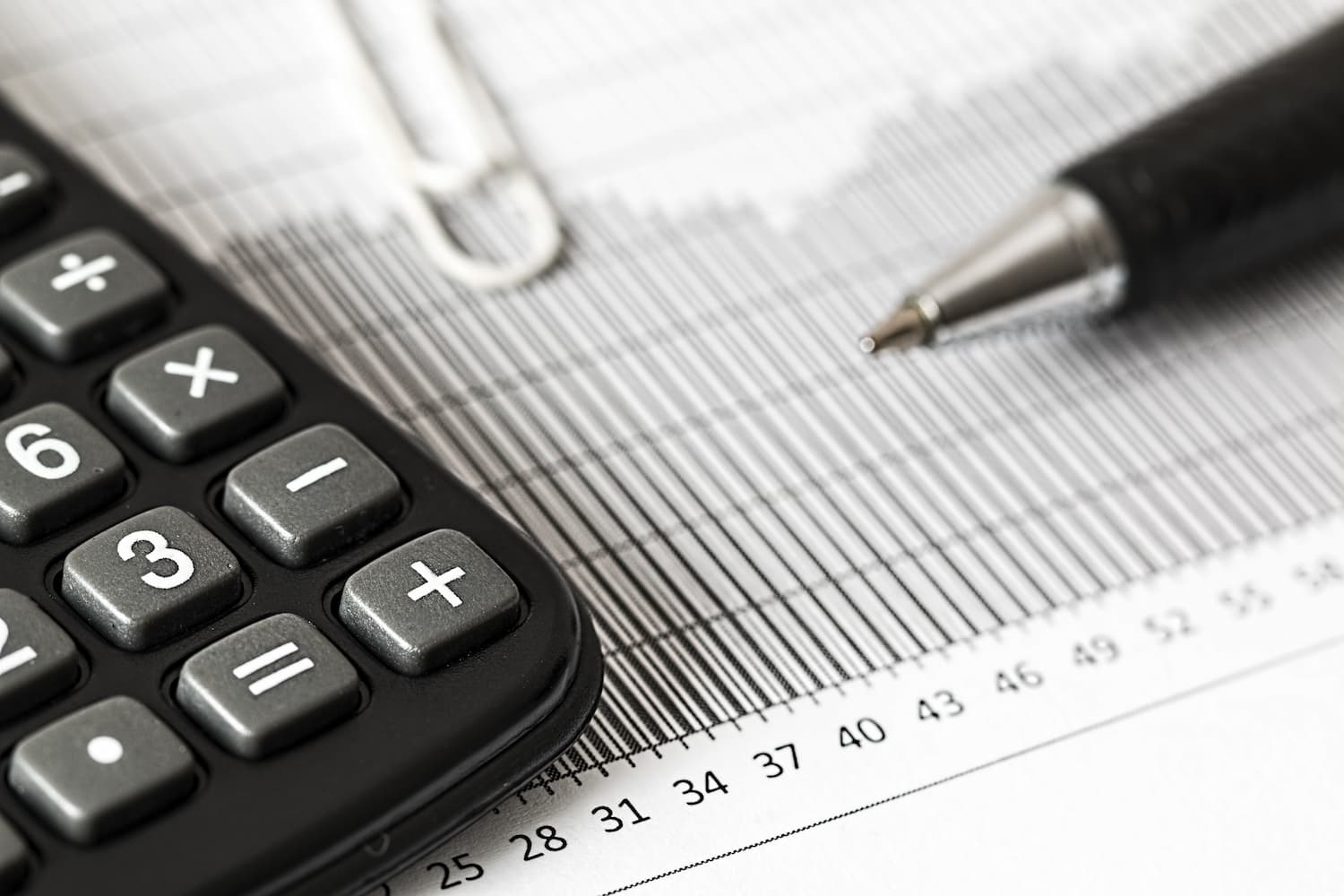If you received an Economic Injury Disaster Loan (EIDL) as part of COVID relief, an important reporting deadline is likely approaching.
Under the “Books and Records” section of your EIDL agreement, you’ll find your bookkeeping and recordkeeping responsibilities. Here are a few noteworthy mandates:
-
Maintain “current and proper” records for the most recent five years until three years after your loan maturity or after the loan has been paid in full, whichever comes first. Records include:
-
insurance policies
-
financial and operating statements
-
tax returns and related filings
-
records of earnings or dividends distributed
-
records of compensation to owners or shareholders
-
Allow the SBA to inspect or audit all books and records.
-
Allow the SBA to inspect or appraise any business assets.
-
Provide financial statements to the SBA within three months of the end of your fiscal year.
-
Pay for a review of financial statements by an independent public accountant, if requested by the SBA.
-
Allow all Federal, State, and municipal governments to provide the SBA with relevant documents if requested by the SBA.
With most businesses ending their fiscal years on December 31, the three-month deadline to provide financial statements to the SBA is now here (March 31).
Unfortunately, as of this writing, the SBA hasn’t been clear about how loan recipients should submit these documents. It is our recommendation that you compile them and keep them handy should you be asked for them.
EIDL loans were made available as part of the CARES Act, which passed Congress in March 2020. Funds were reserved for businesses with fewer than 500 employees struggling to survive the impact of COVID-19 shutdowns. EIDL loans carry a low interest rate and 30-year repayment term. The application deadline has long since passed, but reporting deadlines remain.
If you have any questions, please reach out to your BGW team.






